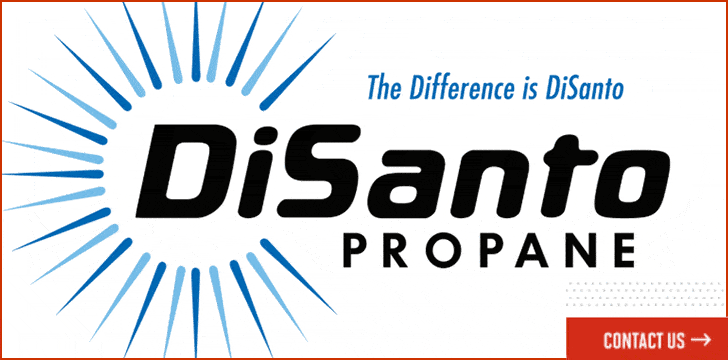A proposed mandate requiring automatic sprinkler systems in all new single- and two-family homes has drawn sharp criticism from builders and lawmakers, who argue it would significantly increase housing costs in a state already grappling with an affordability crisis.
The regulation, under review by the New York State Fire Prevention and Building Code Council, would also apply to homes with additions creating a third story or finishing attics into habitable spaces. Exceptions include small closets and crawl spaces. According to the New York State Builders Association (NYSBA), the mandate could add $20,000 to $30,000 to the cost of new homes.
“While we fully support efforts to enhance safety, this mandate would impose significant financial burdens on homebuyers and disproportionately affect rural and low-income communities,” said NYSBA Executive Director Michael Fazio.
State Senator Tom O’Mara, a longtime critic of unfunded mandates, expressed frustration with the proposal. In a recent column, O’Mara called the mandate “ridiculous,” warning it would exacerbate New York’s housing crisis and accelerate population loss.
New York already ranks among the most expensive states for housing and property taxes, O’Mara noted, and imposing additional costs on home construction would discourage development and homeownership, particularly in rural areas.
Critics have also pointed to Albany’s history of unfunded mandates, which force local governments and taxpayers to absorb costs for state-imposed programs. Efforts to cap or roll back these mandates have gained little traction, leaving communities with growing financial burdens.
Despite these concerns, proponents argue that sprinkler systems enhance safety, potentially saving lives and reducing property damage in the event of a fire.
The proposal comes amid other costly mandates, including requirements for all-electric school buses and other energy-related initiatives, which many fear could further strain budgets across the state.
FingerLakes1.com is the region’s leading all-digital news publication. The company was founded in 1998 and has been keeping residents informed for more than two decades. Have a lead? Send it to [email protected].




